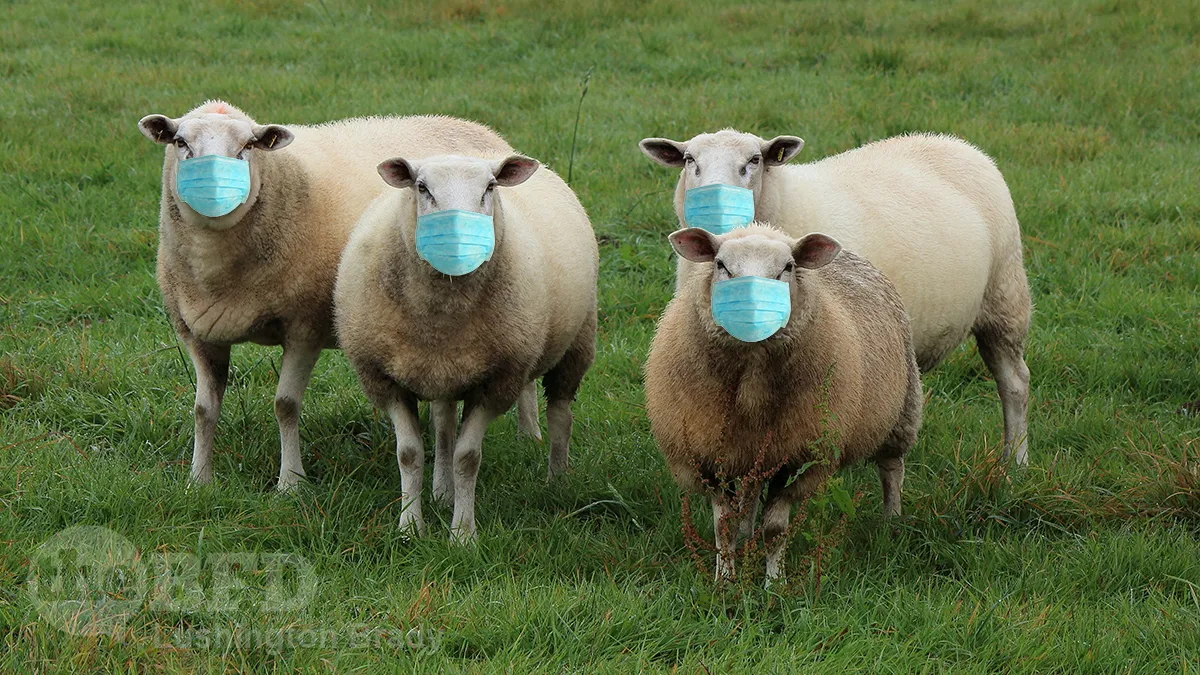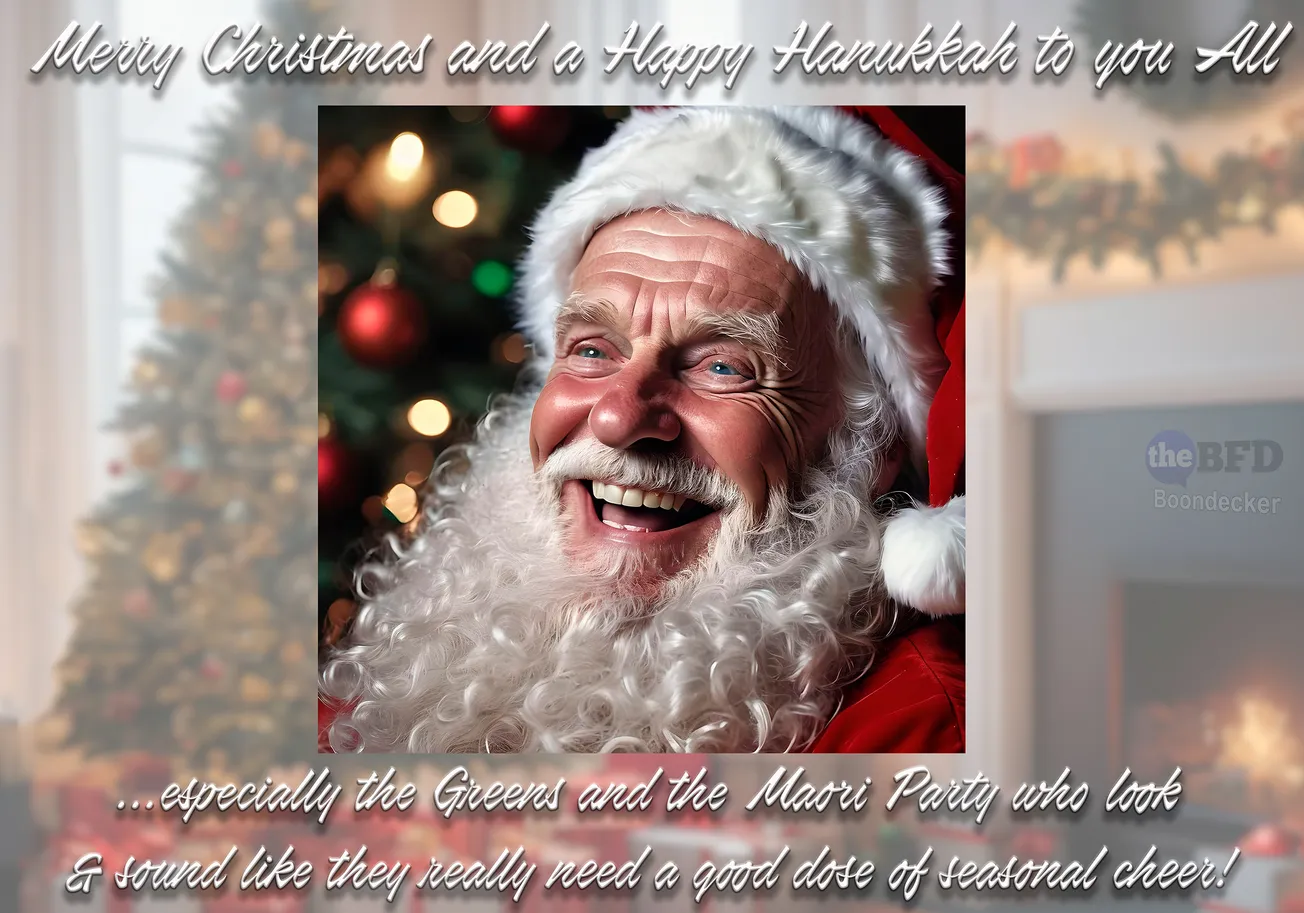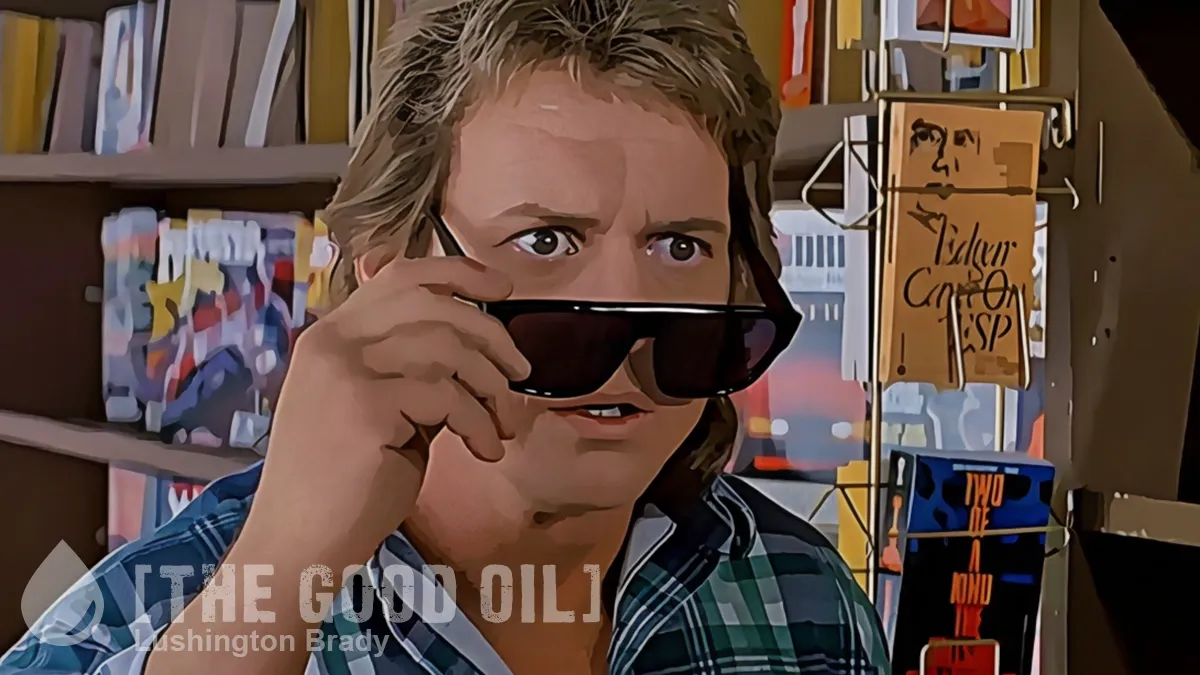Table of Contents
I was reading an article at in the NZ Herald yesterday, and I thought to myself, boy this sounds familiar. Then I realised that I had written about this same thing about a month ago. As Deidre Chambers would say, “What a Coincidence“. It looks like The BFD leads with stories and the mainstream media follows, like sheep.
They think of everything at the Department of the Prime Minister and Cabinet. Recently DPMC released the list of “moderated words” in the Facebook filter for its Unite Against Covid-19 Facebook page. Comments made on the site containing these words, phrases and emojis are automatically hidden, vanished you might say, from the view of everyone, except the people who wrote them and their Facebook friends.
You mustn’t mention the words “sheep”, “sheeple” or “sheeples”, for example, or “baa”, or use the sheep emoji on the site, which is broadly used to disseminate official information and to provide a forum for public discussion of the government’s Covid rules and response.
The problem with sheep should be obvious. We know them as the thick-witted bleeters of slogans from George Orwell’s Animal Farm: “four legs good, two legs bad”. Then, of course, they were taught an updated version and they mindlessly parrotted that instead: “four legs good, two legs better”.
Sheep are, hands down, the farm animal most susceptible to “brainwashing”, which is another of the words you can’t use on the Unite Facebook page, along with “brainwashed”, “tyranny”, “tyrant”, “tyrannical”, “oppression”, “coercion”, “force”, “blackmailing”, “obey”, “fear”, “scare”, “coercion”, “wake up”, “forced”, “here we go again”, “segregate”, “plan b”, “control”, “north Korea”, “lies” and “veritas”.
Reading through the comments that do show up on the Facebook page I was struck by the mirthless obsession with minute rule-following. It’s a relief to know that everyone else has simply typed in “knickers to this” or “human rights” and, poof, it’s disappeared. (Yes, both “knickers” and “human rights” are on DPMC’s verboten list).
A considerable number of words that are useful in describing Government heavy-handedness are banned. And so is an array of others, the state’s objection to which is not immediately obvious, including: “tawdry”, “scantily”, “trashy”, “turd”, “thug”, “vodka”, “niggle”, “vulgar”, “war”, “stupid”, “dummy”, “trial”, “muppet”, “thalidomide”, “sex worker”, “nono”, “asbestos”, “tinkle”, “ugly” and “coax”.
There are, in fact, about 1000 words and phrases you can’t use when commenting on the page.
NZ Herald
The author, journalist Kate McNamara, then goes on to say that this was all revealed in an OIA request to the DPMC.
As the department helpfully explained in releasing the list under the provisions of the Official Information Act (current as of January 31, 2022)
NZ Herald
Interesting turn of phrase, and precise dates. Again, as Deidre Chambers would say, “What a coincidence“.
It turns out that Kate McNamara used exactly the same OIA request that I used, but inconveniently didn’t link to it. I asked her on Twitter if this was the case and she admitted that she had indeed used the same OIA request for her article.
The original OIA request was sent to us precisely for this reason: the mainstream media are laggards in covering revealing information like this.
Kate McNamara acknowledged that some people were blocked by the DPMC, people like Brian Tamaki, but ignored that Dr Robert Malone and The BFD were also blocked. But she does make a very good point, one that I have been making for months: that censorship never ends well.
A handful are drugs or their brand names: “ivermectin”, “cyalis”, “viagra” and “valium”. And some refer to tales of conspiracy like “Plandemic”, the name of a US documentary.
There is a long list of words that are banned for no obvious reason, except perhaps that nobody has told DPMC that state censorship has a dangerous history and that citizens are apt to take a dim view of bureaucrats who use the public’s money to stifle discussion as well as dissent.
There is an argument to be made that falsehoods about vaccines, for example, should be combatted. But the government’s hypersensitivity to what it calls misinformation risks compounding any damage done by falsehood.
NZ Herald
It’s great that the NZ Herald covered this, even if they missed the more important matters. I’d love to be a fly on the wall when Kate strolls into the office tomorrow and catches up with Shayne Currie and admits to basically copying an article from The BFD, or at the very least the same OIA.
Still, if you want your news fast, then you can’t rely on the mainstream media. But, then you already know that, because you are reading this article on The BFD.
We lead and they follow, just like forever.
Please share this article so others can discover The BFD.









